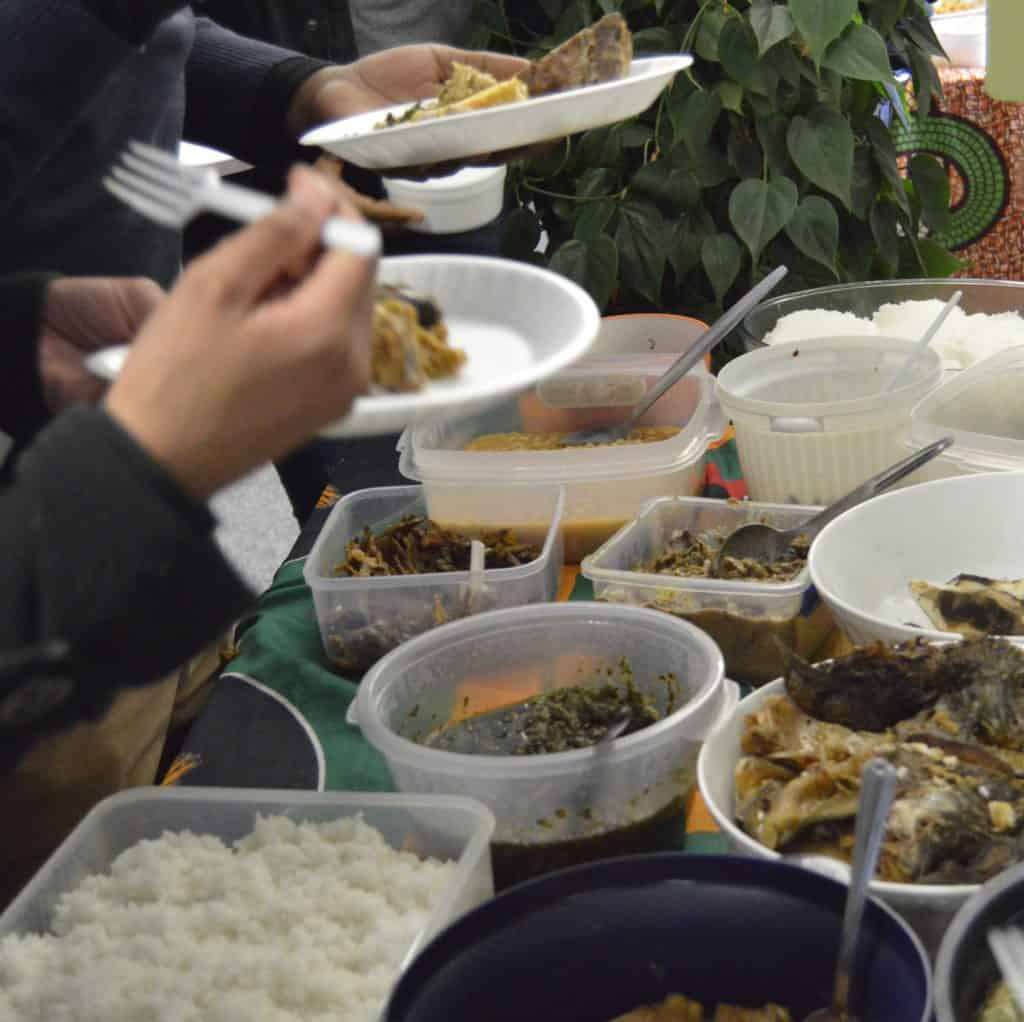
Research on the dietary habits of South Africans is outdated. Available information on the most commonly eaten foods and their average portion sizes, is based on a 2002 database that was compiled using fragmented dietary surveys. This document is now more than 12 years old and needs to be urgently updated.
This has prompted researchers at the Centre of Excellence in Food Security (CoE-FS), to review existing data on the eating habits of South African adults. A desktop review of existing data on food consumption, led by the CoE-FS project leader Professor Hettie Schönfeldt, marks the start of a process of collating existing data to identify what South Africans are eating and assess the gaps in knowledge.
“There has never been a national survey on the eating habits of adult South Africans. Therefore an updated study on the consumption of foods will allow us to prioritise future research and align existing policy and programmes to better administer and support a sustainable food system, contributing towards improving food security and nutrition in South Africa,” says Professor Schönfeldt.
Together with her team, Professor Schönfeldt reviewed eating habits of adults in four provinces: North West (urban and rural areas), the Western Cape (urban areas), Free State (urban and rural areas) and KwaZulu-Natal (rural areas).
Initial findings reveal that adult South Africans are far exceeding the recommended daily intake of carbohydrates. The recommended daily carbohydrate intake is 45% and “we are consuming between 56 and 69%. This means we are eating too much starch and this may have an impact on increasing rates of obesity in the country,” warns Professor Schönfeldt.
Similarly, most adult South African’s are consuming less protein than is recommended to maintain a healthy lifestyle. The recommended daily protein consumption for adults is 20% and South Africans are currently consuming between 11 and 18%.
The desktop review will also lend support to programmes that seek to promote and improve nutrition.
This research is critical to our understanding of what South Africans are currently eating, what the portion sizes are, and how this affects their nutritional outcomes
The findings are also important because they could inform policy decisions by various role-players including the national departments of Health, Agriculture, Forestry and Fisheries; health organisations such as the Heart and Stroke Foundation and Cancer Association, the food industry and others.
Data from this study will also inform the framework for a second CoE-FS study on food baskets which looks at factors that influence choices that people make about the food they buy and eat.
related Articles
New study assesses compliance with South Africa’s proposed R3337 regulations
Photo RF._.studio / Pexels. In light of the South African government’s publication of a draft regulation to introduce warning labels…
Five reasons to support draft Labelling Regulations R3337
The are numerous public health benefits of the draft Labelling Regulations R3337. Photo Nathália Rosa/Unsplash. South Africa’s Minister of Health…
Breede River Municipality hosts unique food security learning journey
“During two sunny winter days in early May, the Breede River Municipality (BVM) hosted a ‘learning journey’, an innovative…



